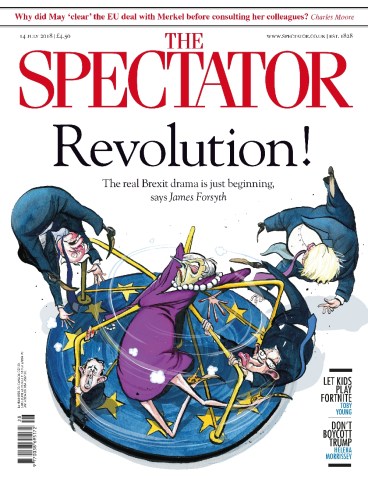Outward bound
Paris, Venice, Montevideo, Cape Town, Hobart. There are cities, like fado, that pluck at the gut. In my personal half dozen, having also lived there, Lisbon ranks high. ‘What beauties doth Lisboa first unfold,’ gasped Byron’s Childe Harold. Two centuries on, Portugal’s capital remains Queen of the Sea. Yet beyond a sombrely sentimental gift to








